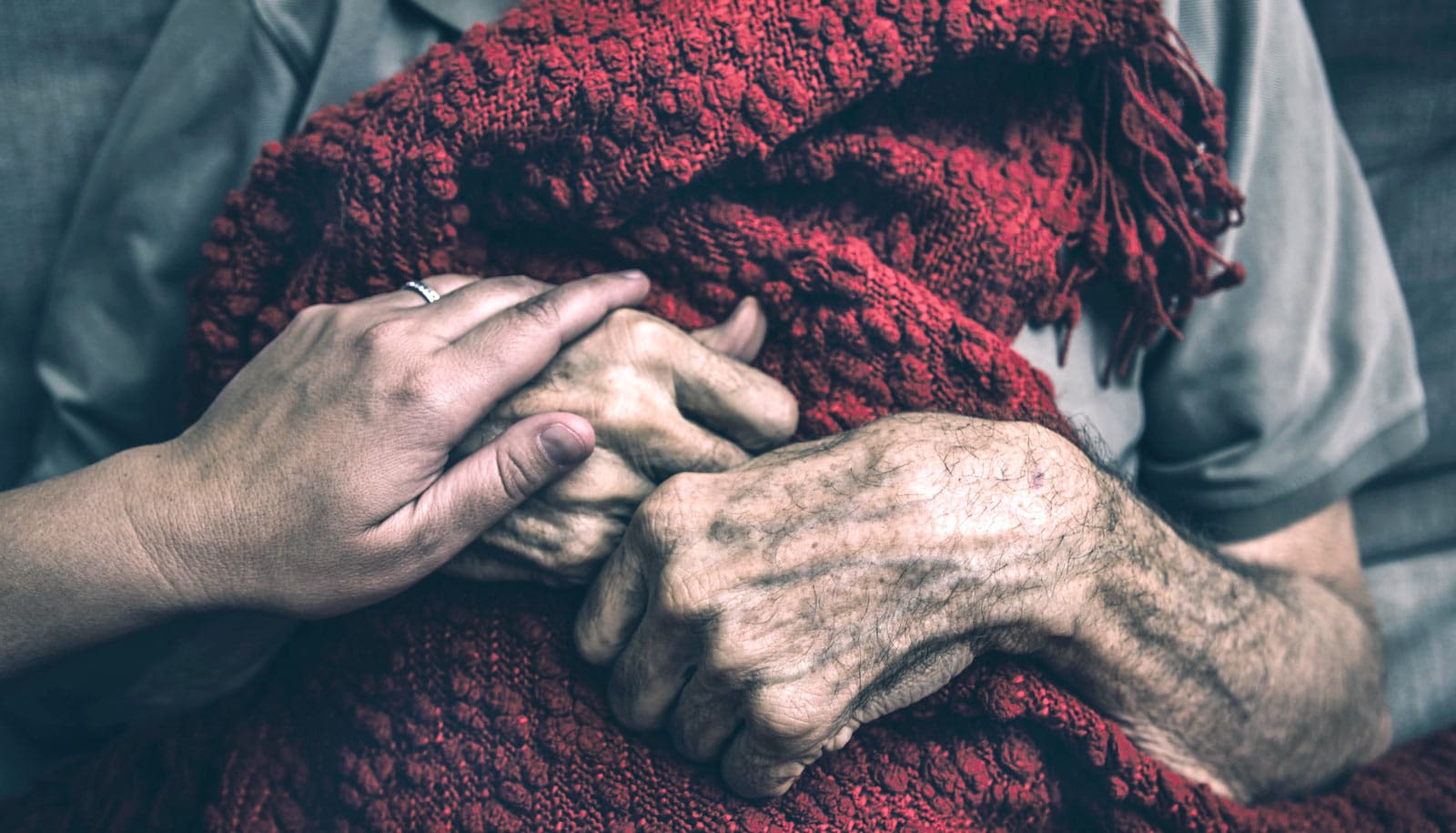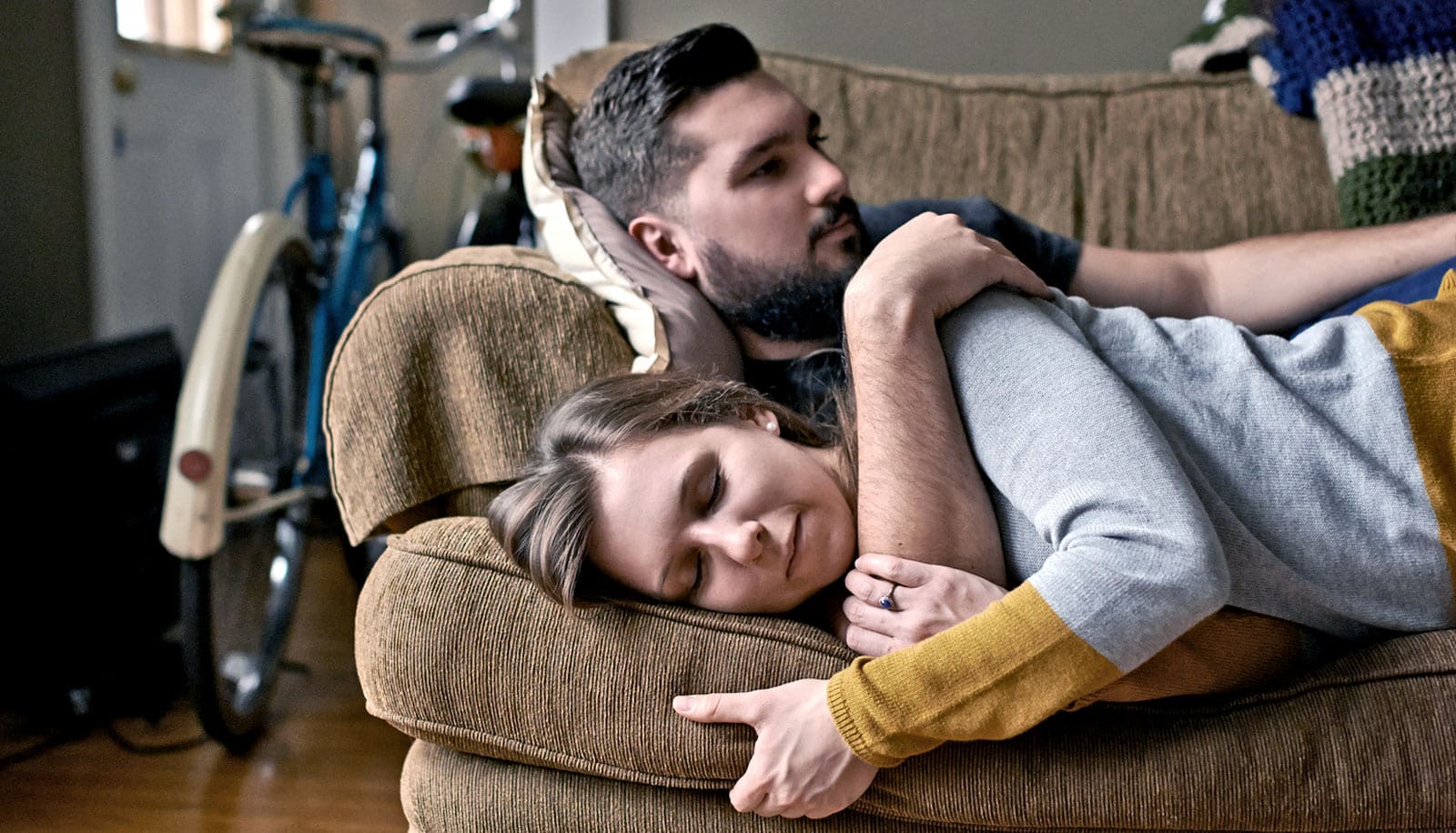Caregivers would like more information about palliative care and a willingness from health professionals to discuss what to expect as illness progresses, according to new research.
Researchers interviewed patients and 25 caregivers ages 21 to 78 on their experiences in the health care system. Their findings show the caregivers:
- Felt health professionals sometimes “spared” them the details of what to expect;
- Prefer doctors to use direct language, not euphemisms, to communicate about death and dying;
- Want communication on palliative care to be more freely available;
- Would like health professionals to tell them if they know their loved one’s death is near;
- Had mistakenly thought their loved ones had more time and wished health professionals had told them this was not the case;
- Would like health professionals to have conversations about death with both the patient and carer present, not leaving it for the carer to break the news that death is near;
- Want ready access to written information, supplemented by conversations staged over time, about palliative care and what to expect as death nears.
“I hope this work will encourage us to have these conversations with each other, and, as health professionals, with our patients,” says team leader and palliative care specialist Jennifer Philip, who works in the University of Melbourne Centre for Cancer Research and St Vincent’s Hospital. “These are not easy conversations. They need to be handled with care and sensitivity.”
Philip says language around end-of-life care was especially important. For example, she says saying a patient had “no more treatment options so entered palliative care” was damaging and limited people’s possibilities.
“Palliative care is a form of treatment that provides benefits to patients and carers,” she adds. “The way we talk about end-of-life care can lead to misunderstandings but also, sadly, to suffering and missed opportunities.”
The findings appear in the journal Palliative Medicine.
Source: University of Melbourne


